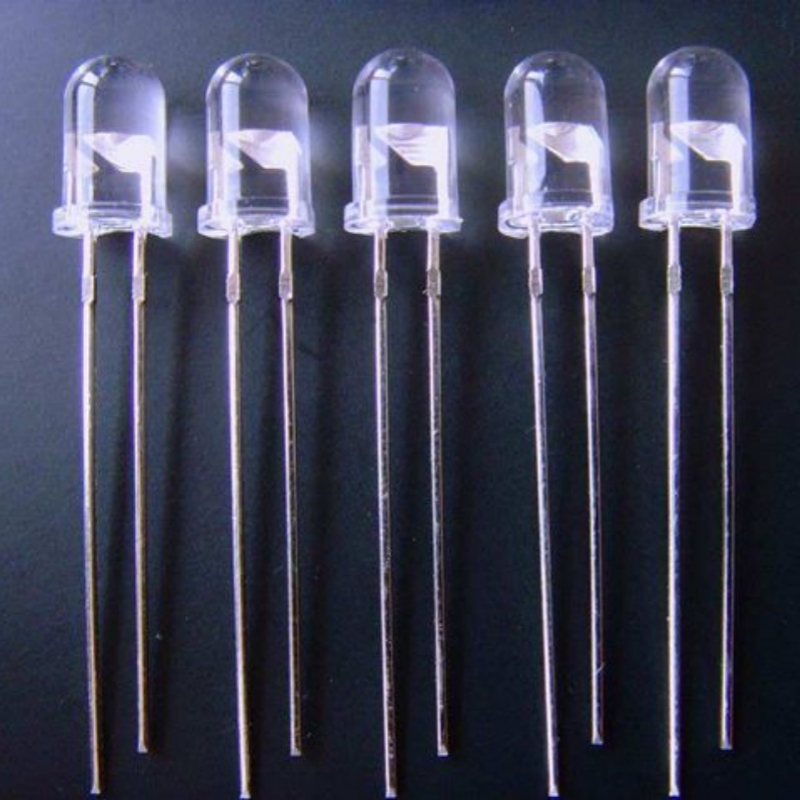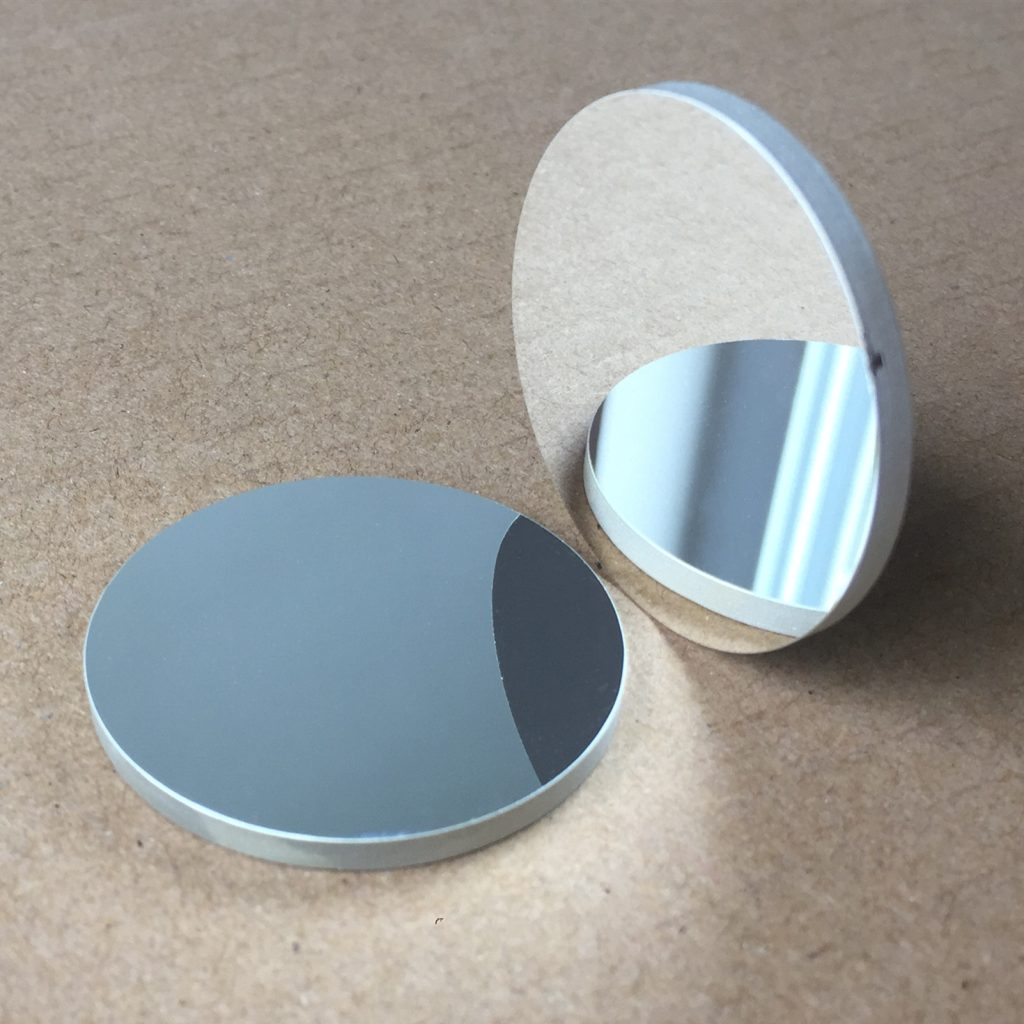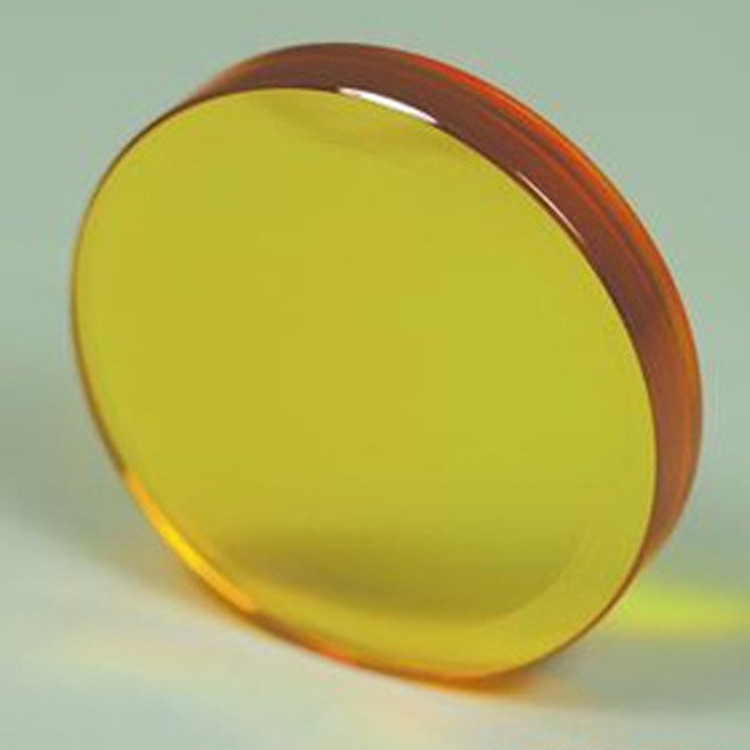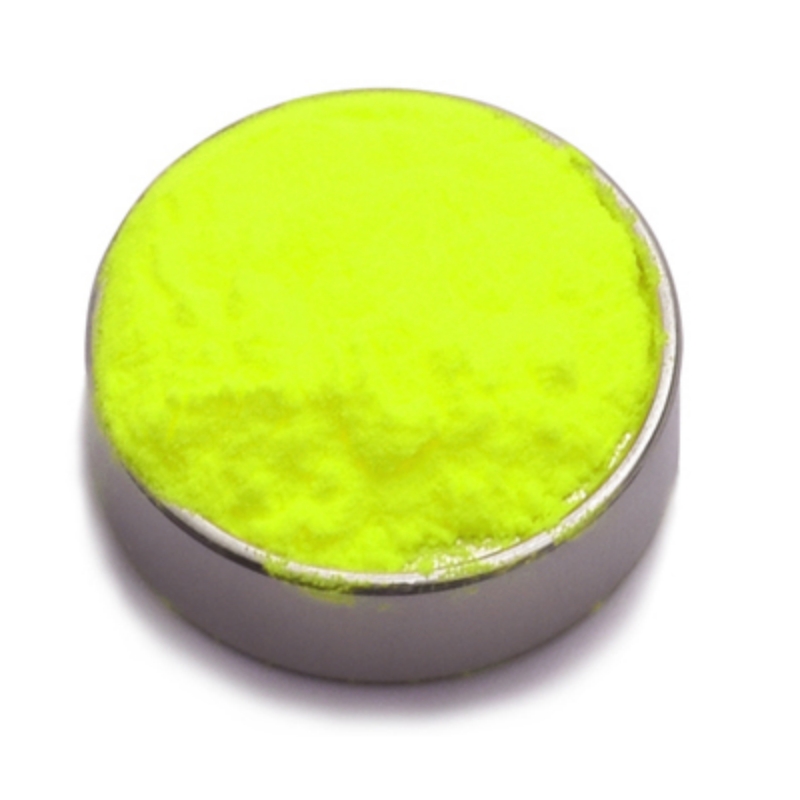Silicon carbide ceramic tubes offer superior thermal resistance, optimized mechanical stability, and exceptional wear resistance. Designed for industrial and high-temperature applications, they provide extended durability, efficient heat transfer, and reliable structural integrity.
Product Overview
Silicon carbide ceramic tubes are made using a pressureless sintering process, resulting in a uniform, dense structure with excellent physical properties. As a high-performance ceramic material, silicon carbide (SiC) ceramic tubes excel in high-temperature resistance, corrosion resistance, high hardness, high strength, and low thermal expansion. These properties make them ideal for use in extreme environments. They are widely used in industries such as mechanical manufacturing, aerospace, electronics, and chemical engineering, contributing to technological advancements and innovations across various sectors.
Features
- High Hardness and Strength: Silicon carbide ceramic tubes offer exceptional hardness and strength, maintaining stable performance under high pressure and load conditions.
- High Thermal Conductivity and High-Temperature Resistance: With excellent thermal conductivity and high-temperature resistance, these tubes continue to perform reliably in extreme temperature environments.
- Corrosion Resistance: They exhibit outstanding corrosion resistance, making them suitable for use in aggressive, corrosive environments for long-term use.
- Low Thermal Expansion Coefficient: The low thermal expansion coefficient ensures that the shape and performance of the ceramic tube remain stable despite temperature fluctuations.
- Chemical Stability and Wear Resistance: Silicon carbide ceramic tubes are chemically stable, resistant to corrosion from strong acids and bases, and highly wear-resistant, making them ideal for extended service life.
Applications
- Mechanical Manufacturing: Used in high-precision sealing components, bearings, cutting tools, and other applications requiring wear and high-temperature resistance.
- Aerospace: Applied in engine parts, thermal protection systems, and other components that must withstand extreme temperatures and pressures.
- Electronics: Used as substrates and packaging materials for semiconductor devices, supporting stable operation of high-performance electronic equipment.
- Chemical Engineering: Ideal for manufacturing high-efficiency heat exchangers, fuel cell components, and other chemical equipment due to their excellent corrosion and high-temperature resistance.
Submit Your RequirementsWe will contact you within 24 hours.
 WOBO Scientific Research New Materials One-Stop Service Platform
WOBO Scientific Research New Materials One-Stop Service Platform











